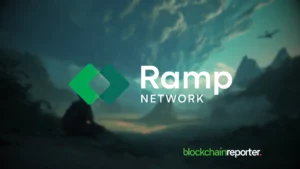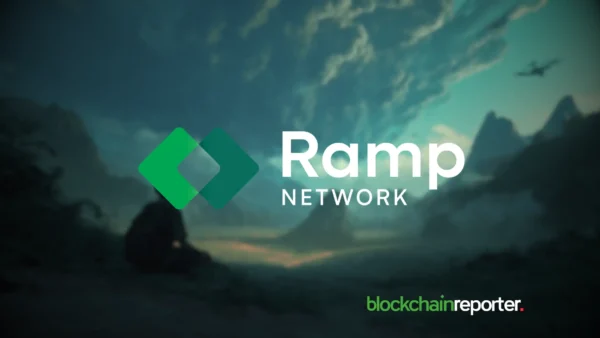
Ethereum’s staking landscape is experiencing a paradigm shift as SSV.Network’s groundbreaking Distributed Validator Technology (DVT) achieves remarkable success, with over $140 million in Ethereum locked within its staking ecosystem. The SSV infrastructure protocol has emerged as a frontrunner, setting a new standard for Ethereum staking and securing a significant portion of the market.
The Total Value Locked (TVL) into SSV’s DVT-powered staking infrastructure has soared to exceed $140 million, a testament to the growing confidence in the platform. With an increasing number of industry players incorporating DVT into their staking offerings, the total ETH secured by SSV’s technology is expected to witness further growth.
The utilization of SSV’s technology has led to the staking of over 66,000 ETH, involving more than 2,000 validators and 80 operators active on the SSV mainnet. This surge in demand reflects positively on the health of the Ethereum staking industry, which has become more secure and decentralized than ever, thanks to the pioneering Distributed Validator Technology.
Redefining Staking Standards
A multitude of DVT-native staking applications have now gone live on SSV’s mainnet, including notable names such as Claystack, Metapool, Stake Together, 01Node, StakeStar, and StaFi. These applications provide individual stakers with a non-custodial, decentralized, and robust staking experience across various formats. To incentivize DVT adoption, the SSV DAO is offering up to a 50% Annual Percentage Rate (APR) boost for validators who register on the network, whether they do so directly through ssv.network or via the staking applications developed on SSV.
Established staking giants such as Stader, StakeWise DVT vaults, ChainUP, Ankr, XHash, EBunker, Rocketpool, and Lido (through the new Simple DVT Module) have also begun testing and integrating SSV’s DVT technology into their platforms. The diverse use cases offered by SSV’s DVT-powered applications span staking pools to institutional staking services, facilitating participation from various user groups in the next-generation staking ecosystem.
Through its grants program, the SSV DAO has allocated over $3 million to 55 projects dedicated to expanding the SSV.Network ecosystem. This commitment to fostering innovation underscores SSV’s dedication to the broader blockchain community.
In a landmark move at the beginning of December, the SSV DAO conducted a vote leading to the commencement of SSV’s Permissionless mainnet launch. This enables public validators to join the network, disseminating their staking configurations through multiple node operators. The upgrade also opens the door for anyone to connect as a node operator, earning $SSV rewards for providing staking services to network validators.
SSV’s implementation of the DVT Network enhances client and infrastructure diversity, allowing seamless customization and supporting greater uptime and decentralization. By empowering more node operators to run validators, SSV mitigates centralization risks, contributing to a more robust Ethereum network.
As an open-source technology, the SSV protocol is available for developers to build upon, offering staking projects the flexibility to tailor applications to their specific target markets. SSV.Network stands out as an easy-to-use and scalable infrastructure for developers, propelled by the revolutionary DVT technology crafted explicitly for Ethereum staking. With its permissionless design, SSV continues to empower staking operators and validators, fostering a decentralized and participatory Ethereum staking ecosystem.









